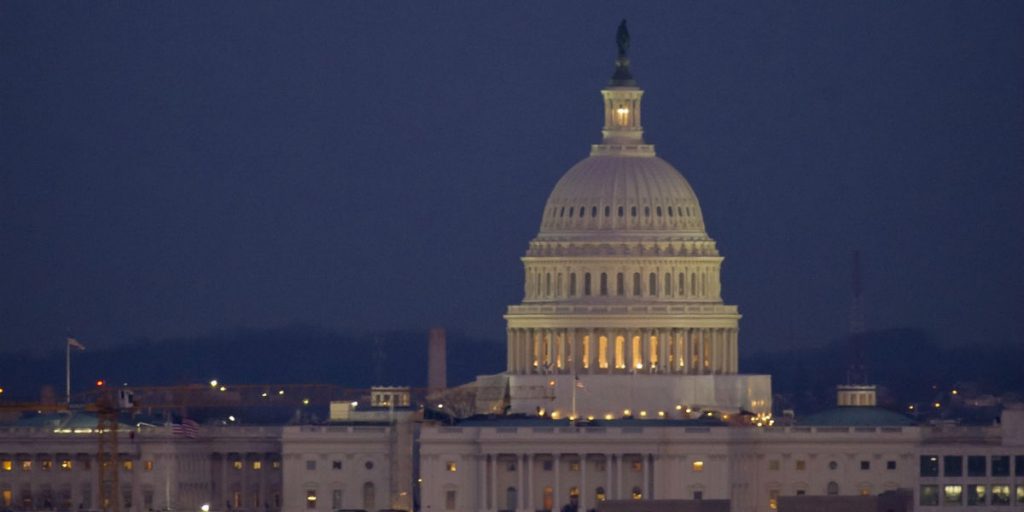November 20, 2019
Seeking to streamline the royalty payment process for music works, the Music Modernization Act (MMA) has been signed into US law for one year. What does it contain and what implications will it have for the industry?

Signed into law by US President Trump just over one year ago, the Music Modernization Act (MMA) is a piece of legislation that endeavours to streamline the process of music licencing and ensure that it is easier for artists, publishers and songwriters to be paid by streaming services. With digital music streaming continuing to eclipse other methods, an Act which addresses the issue of unclaimed royalties through is essential. The piece of law received both industry and government support.
Looking more closely at this piece of legislation there are three key elements. Firstly the MMA requires the formation of a non-profit government agency responsible for a centralized mechanical music works database, formed in partnership with music publishers. Furthermore, it protects the income of artists through rates set by contracts. Also, it ensures that when legal steps are being taken, a randomly chosen judge will preside over cases.
The MMA is a combination of two other Acts, the Classics Act which ensures that artists are compensated for music created before 1972 and the Allocation for Music Producers Act. This Act assigns SoundExchange, established by the US Congress, the responsibility of royalty distributions on sound recordings throughout the creative process. As music creation is collaborative, this is especially important for producers and engineers.
Overall this legislation sets out a framework that supports all those involved in music creation. It was supported on both sides of the issue by industry bodies such as the Digital Media Association, the lobbying body for streaming platforms, and by the National Music Publishers Association (NMPA).
A year on, the new law and its implications have attracted global attention. Eminem’s publishing company Eight Mile Style has begun legal proceedings against Spotify, citing the MMA as a mechanism for the streaming behemoth to avoid paying due royalties. Spotify has categorized Eminem’s songs under Copyright Control, attributing the music to unknown owner. The MMA limits liabilities for streaming businesses prior to January 2018, which would result in lost revenues for Eight Mile Style. The Publisher is arguing that this deems the Act unconstitutional under the ‘Taking Clause’ Amendment.
Another attention grabbing element of the MMA, is that of the costs associated with launching the centralised licencing agency. Recently the Mechanical Licensing Collective cited $66.25 million as the fee to get it started. Under the rules of the MMA, it is the streaming platforms and digital radio businesses who must foot the bill. An anonymous Executive at one of the biggest players in these industries has described this cost as extortionate and has called for more transparency about how this money will be spent.

This law is sure to have further impacts on the industry as it continues to roll out, for example, the introduction of blanket licencing in 2021. There are also issues to be solved such as the Act’s constitutionality and payment for the set up of the MLC.
It is an important step towards fair and streamlined royalty payments, creating a structure that supports music creators and shows a closer collaboration between streaming and music creator industry bodies. However, music matching still proves to be an issue for CMOs. The Matching Engine application can help you streamline and improve the performance of your music matching process, reducing levels of unmatched music from streaming platforms. Talk to the Matching Engine team today about integrating the application.